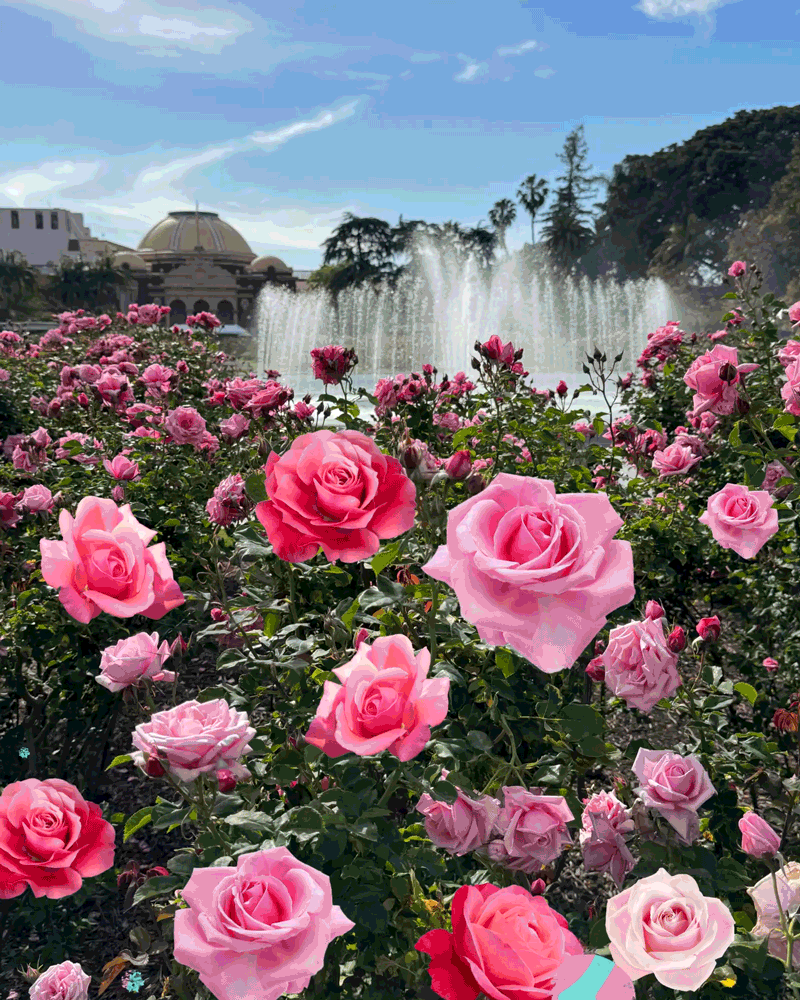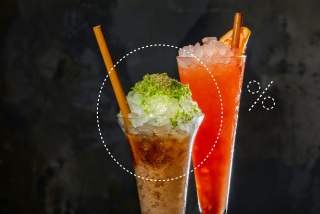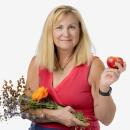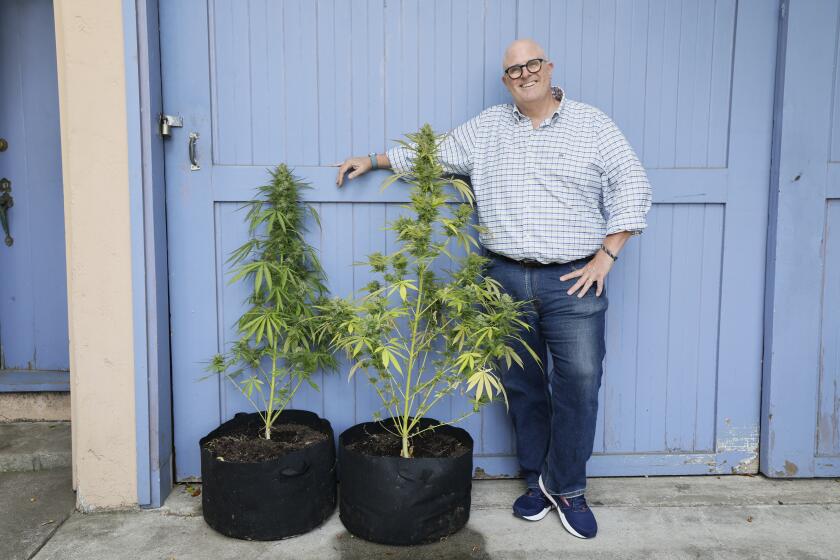Here’s the recipe for L.A.’s famous ‘rose cocktail’

The South Coast Rose Society always enjoys a little social hour before its monthly meetings, but when President Howard Feltham mentions the club’s famous rose cocktail, he isn’t offering something to drink — unless you’re a rose.
The 75-member club is serious about growing healthy roses, Feltham said, and it’s concocted a special mix of natural ingredients designed to feed roses and build up the soil in which they grow.
A few club members form an assembly line to add ingredients to gallon-size zip-lock bags to create their signature dry “cocktail.”
Pre-mixed bags cost $10 ($9 for members) and will feed about half a dozen plants, but you can make your own “cocktail” at home, said Feltham, a retired Toyota engineer who “fell for roses hook, line and sinker” about four years ago.
The bags are sold to members and during the club’s monthly meetings the third Thursday of every month (except July and August) in Classroom A of the South Coast Botanic Garden, 26300 Crenshaw Blvd. on the Palos Verdes Peninsula. The meetings are open to everyone and questions about roses are welcome, Feltham said. During the May 16 meeting attendees will tour the Botanic Garden’s newly replanted rose garden, followed by an ice cream social. Admission and parking are free.
Prefer to DIY? Here’s the recipe, but know the measurements are a little loose, he said. “We kind of add by the handfuls, so the ratios are a little hit and miss, but because the ingredients are natural you can’t really hurt the rose.”
In one bag, put about six cups of alfalfa pellets, available at feed stores. In the second bag, combine about a quarter cup of each: iron pellets, Epsom salt, bone meal, kelp meal, phosphorous powder, potassium powder, cottonseed meal, fish meal, blood meal, calcium powder and sulfur powder.
Many nurseries sell these supplies, Feltham said, but his club has found the best selection at Yamada Co. nursery at 706 W. Gardena Blvd. in Gardena.
Apply about a cup of the mix around the base of each rose plant, scratching it into the soil. “You don’t have to dig too deep because most of the feeder roots for a rose are close to the surface,” he said.
Finish the feeding by spreading another cup of the alfalfa pellets on top of the soil. The pellets feed the plant and help build the soil, adding nitrogen and minerals as they decompose.
The pellets swell and “look a little funny” when they get wet, Feltham said, but he recommends them over ground alfalfa meal, which is much more expensive.
Cheers!
More to Read
Sign up for The Wild
We’ll help you find the best places to hike, bike and run, as well as the perfect silent spots for meditation and yoga.
You may occasionally receive promotional content from the Los Angeles Times.











